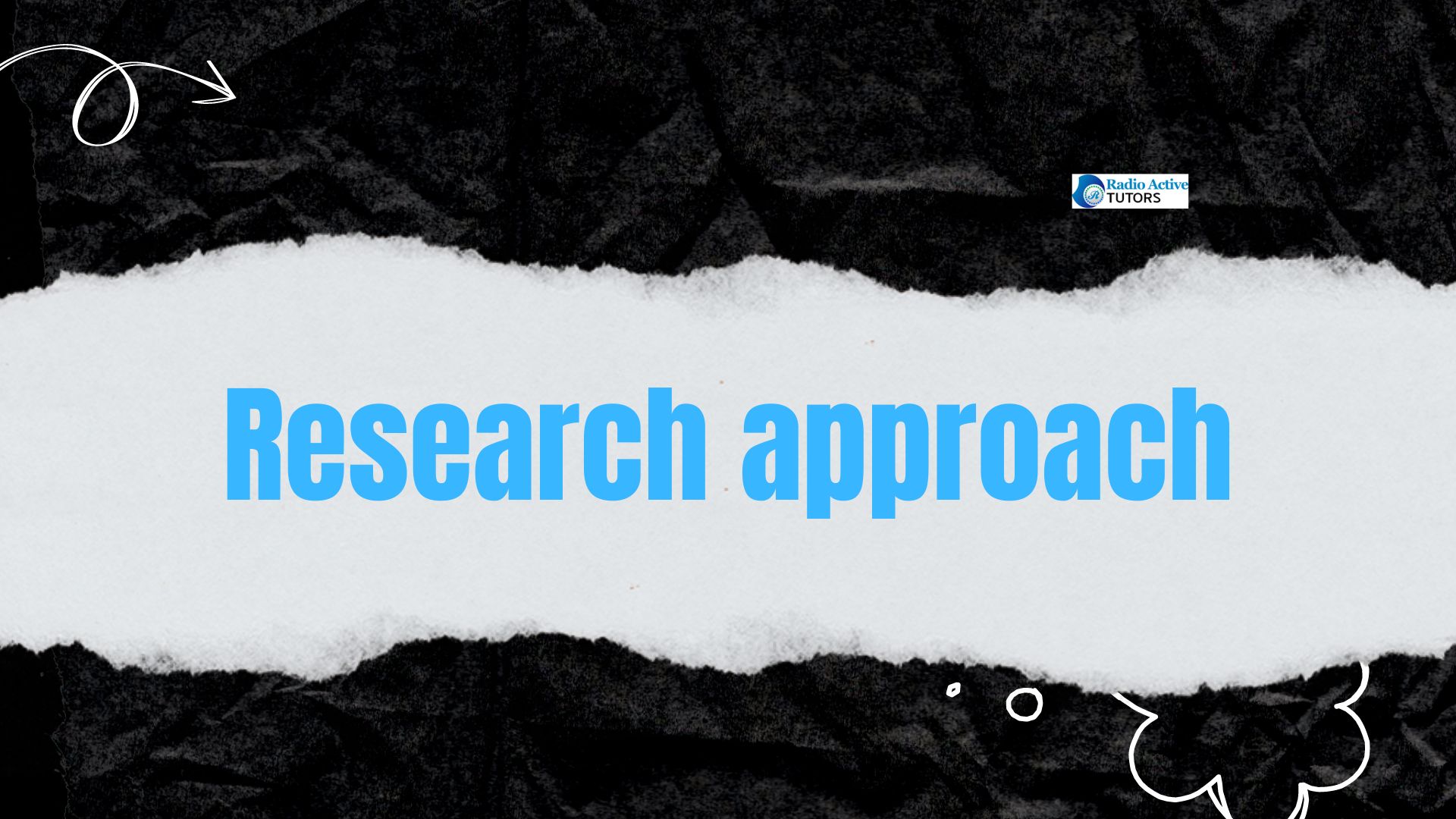- Introduction in dissertation methodology
The dissertation methodology is a critical component that outlines the research approach and methods used to gather and analyze data. This section typically includes several major parts: research design, data collection, data analysis, and ethical considerations. The research design explains the overall strategy and framework of the study, detailing whether it is qualitative, quantitative, or mixed-methods. Data collection methods describe how data will be gathered, including specific techniques and tools such as surveys, interviews, or experiments. The data analysis part outlines the procedures and statistical or thematic methods used to interpret the data.
Finally, ethical considerations address the measures taken to ensure the study adheres to ethical standards, including informed consent, confidentiality, and the handling of sensitive information. Together, these elements provide a comprehensive plan for conducting the research, ensuring its validity, reliability, and ethical integrity.
The research design is a fundamental part of the dissertation methodology, serving as the blueprint for the entire study. It outlines the overall strategy and framework used to integrate the different components of the research coherently and logically. This section specifies whether the research is qualitative, quantitative, or mixed-methods, providing a rationale for the chosen approach based on the research questions and objectives. It includes details about the study population, sampling techniques, and the setting in which the research will be conducted.
The research design also addresses the timeline and sequence of the study, ensuring a systematic progression from data collection to analysis. By clearly defining these aspects, the research design ensures that the dissertation methodology is robust, transparent, and capable of addressing the research problem effectively. Get a deeper understanding on research design and its components from this source.

The research approach is a crucial element of the dissertation methodology, as it dictates the overall direction and philosophical underpinnings of the study. This section begins by outlining whether the study will employ a qualitative, quantitative, or mixed-methods approach, each of which has distinct implications for data collection and analysis. A qualitative approach focuses on exploring complex phenomena through in-depth, non-numerical data such as interviews and observations, aiming to understand participants’ perspectives and experiences. In contrast, a quantitative approach relies on numerical data and statistical analysis to test hypotheses and measure variables objectively.
A mixed-methods approach combines both qualitative and quantitative techniques to leverage the strengths of each, providing a comprehensive view of the research problem. The choice of research approach is justified by aligning it with the research questions and objectives, ensuring that the methodology is appropriate for achieving the desired outcomes. This section sets the foundation for all subsequent methodological decisions, ensuring coherence and rigor throughout the study.
Data collection methods are a pivotal part of the dissertation methodology, detailing the techniques and procedures used to gather information relevant to the research questions. This section outlines the specific methods employed, such as surveys, interviews, focus groups, observations, or archival research, and explains why these methods are suitable for the study. It describes the tools and instruments used for data collection, including questionnaires, interview guides, or observation checklists, ensuring they are reliable and valid. The process of selecting participants or data sources is also elaborated, including sampling strategies and criteria for inclusion or exclusion.
Additionally, this section addresses the logistics of data collection, such as the timeline, location, and any resources required. By clearly detailing the data collection methods, this part of the dissertation methodology ensures that the research is systematic, reproducible, and capable of producing robust and credible data. Learn more on how to find reliable and credible sources for your research here.

Data analysis methods form a critical component of the dissertation methodology, describing the techniques and procedures used to process and interpret the collected data. This section begins by identifying whether the analysis will be qualitative, quantitative, or a combination of both, depending on the research approach. For quantitative studies, it details the statistical tests and software used to analyze numerical data, such as regression analysis, ANOVA, or factor analysis. For qualitative studies, it explains the methods for coding and categorizing textual or observational data, such as thematic analysis, content analysis, or grounded theory.
The section also discusses how data will be organized, cleaned, and prepared for analysis, ensuring accuracy and consistency. By outlining these methods, the dissertation provides a clear roadmap for transforming raw data into meaningful insights, ensuring that the analysis aligns with the research questions and objectives, and that the findings are valid, reliable, and actionable.
Ethical considerations are a vital part of the dissertation methodology, ensuring that the research is conducted with integrity and respect for participants. This section outlines the ethical principles and guidelines that will be adhered to throughout the study. It discusses the process of obtaining informed consent from participants, ensuring they are fully aware of the research purpose, procedures, potential risks, and their rights to withdraw at any time. The confidentiality and anonymity of participants are also emphasized, detailing how their data will be protected and stored securely.
Additionally, the section addresses any potential ethical issues related to the research design, data collection, and analysis, such as avoiding harm, bias, and ensuring fairness. The dissertation methodology may also describe how the study has been reviewed and approved by an ethics committee or institutional review board. By addressing these ethical considerations, the dissertation demonstrates a commitment to conducting research responsibly and ethically, safeguarding the rights and well-being of all participants involved.
The limitations section is an essential part of the dissertation methodology, acknowledging the potential weaknesses and constraints of the study. This section critically examines the factors that may impact the validity and generalizability of the research findings. It addresses issues such as sample size, noting whether the number of participants is sufficient to draw meaningful conclusions. The section also discusses the potential biases that may arise from the chosen data collection methods or the researcher’s own perspectives. Limitations related to the scope of the study, such as geographical constraints or the specific population studied, are also highlighted.
Additionally, it considers the reliability of the data and the possible influence of external variables that were not controlled for in the research design. By transparently acknowledging these limitations, the dissertation provides a balanced view of the study’s strengths and weaknesses, helping readers to contextualize the findings and understand the extent to which they can be applied to broader contexts.

Reliability and validity are crucial components in the dissertation methodology, ensuring the research findings are trustworthy and credible. Reliability refers to the consistency and dependability of the measurement instruments and procedures, meaning that the same results would be obtained if the study were repeated under similar conditions. This section describes the steps taken to ensure reliability, such as using standardized instruments, conducting pilot tests, and employing consistent data collection procedures. Validity, on the other hand, pertains to the accuracy and appropriateness of the instruments and methods used, ensuring that they measure what they are intended to measure.
This section explains how validity is established through techniques such as content validity, construct validity, and criterion-related validity. By addressing both reliability and validity, the methodology demonstrates that the research is methodologically sound, and the results are both consistent and accurate, providing a solid foundation for drawing meaningful conclusions and making informed decisions based on the study’s findings.
- Summary in dissertation methodology
The summary section of the dissertation methodology provides a concise overview of the key elements discussed throughout the chapter. It reiterates the research design and approach, highlighting whether the study is qualitative, quantitative, or mixed-methods. This section briefly recaps the data collection methods, including the tools and procedures used to gather data, and the rationale behind their selection. It also summarizes the data analysis techniques, outlining the steps taken to process and interpret the data. Ethical considerations are revisited, emphasizing the measures implemented to protect participants and ensure the study’s integrity.
Additionally, the summary touches on the limitations acknowledged in the research, providing a balanced view of the study’s strengths and potential constraints. By encapsulating these critical aspects, the summary reinforces the methodological rigor of the dissertation, ensuring that readers have a clear understanding of how the research was conducted and the principles guiding its execution.
